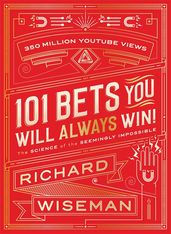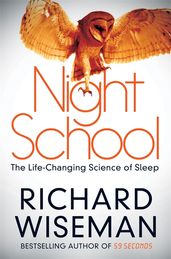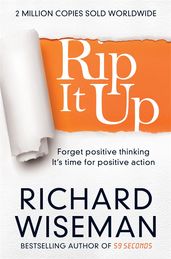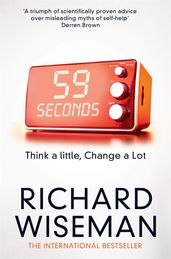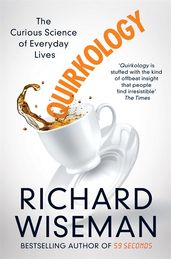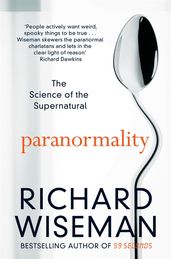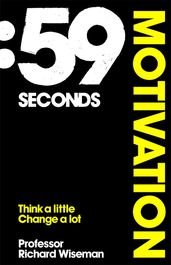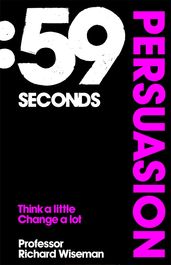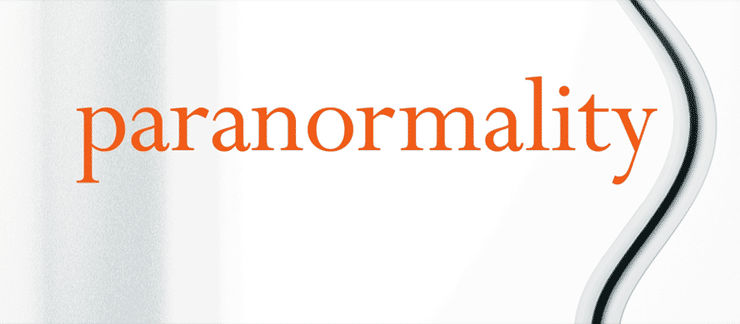Richard Wiseman
Richard Wiseman is Britain's only professor for the Public Understanding of Psychology and has an international reputation for his research into unusual areas including deception, luck, humour and the paranormal. He is the psychologist most frequently quoted by the British Media and his research has been featured on over 150 programmes. He is regularly heard on Radio 4 and featured articles about his work have appeared throughout the national press.
